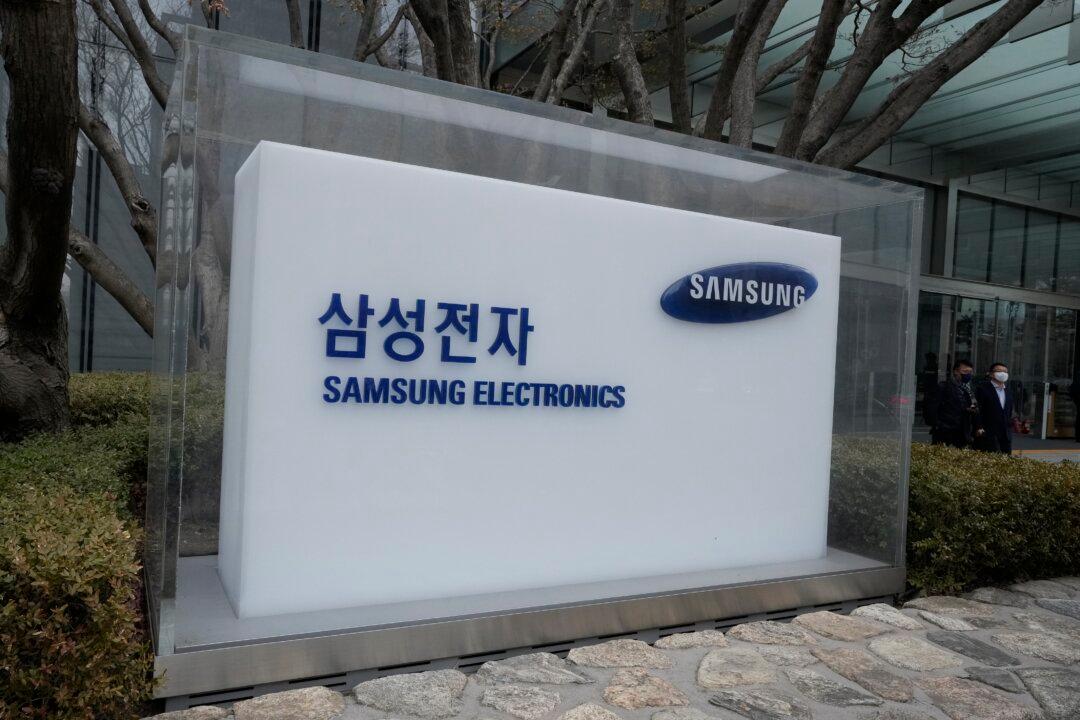“Korean chip industry authority.” “Master of yield.” “Top expert in memory production engineering.”
A South Korean tech industry veteran, once lauded with these titles for his innovation, hands-on approach, and round-the-clock dedication, is back in the news. This time, the government that honored him as a national tech hero is accusing him of industrial espionage on a grand scale.
Meanwhile, China last weekend called for “openness” and “cooperation” in its chip industry in order to overcome U.S. tech sanctions.




